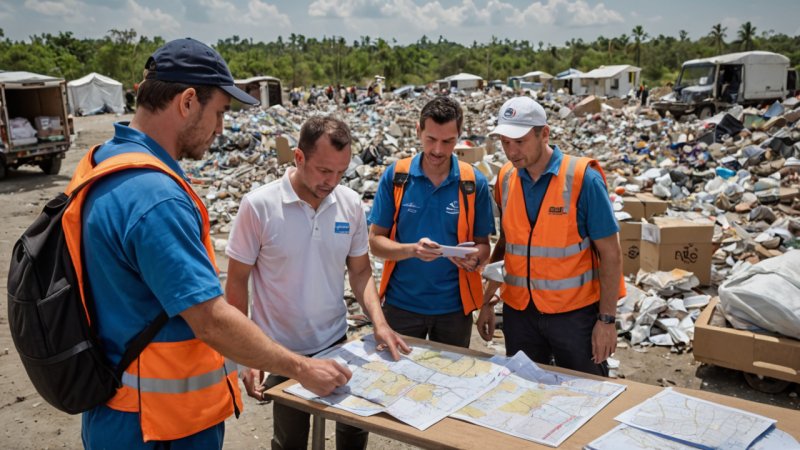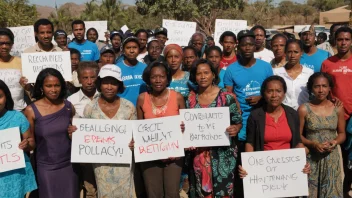Humanitarian logistics is a critical component of effective disaster response and community support. It involves the planning, implementation, and management of the flow of goods and services to those in need, particularly in times of crisis. Understanding the complexities of humanitarian logistics can empower individuals and organizations to better contribute to relief efforts and community service initiatives.
One of the primary challenges in humanitarian logistics is the unpredictability of disasters. Natural disasters such as earthquakes, floods, and hurricanes can occur suddenly, disrupting local infrastructure and making it difficult to deliver aid. Effective logistics requires not only rapid response capabilities but also the foresight to prepare for such events. This preparation includes establishing supply chains, securing resources, and training personnel in advance.
Another key aspect of humanitarian logistics is the coordination between various stakeholders, including governments, non-profit organizations, and local communities. Each entity may have different priorities and resources, which can complicate collaborative efforts. Establishing clear communication channels and protocols is essential to ensure that aid is delivered efficiently and effectively. Engaging local communities in the planning process can also enhance the relevance and impact of humanitarian initiatives.
Moreover, the geographical and political landscapes can significantly affect logistics operations. In conflict zones, for example, safety concerns can limit access to affected areas, necessitating creative solutions for delivering aid. Understanding the local context, including cultural sensitivities and existing infrastructure, is crucial for successful logistics operations.
Technology has emerged as a powerful tool in addressing some of these challenges. Innovations such as real-time tracking systems, data analytics, and mobile applications can enhance transparency and efficiency in logistics operations. For instance, utilizing GPS technology can help organizations monitor the movement of goods and assess the needs of communities in real-time, ensuring that aid reaches those who need it most.
Individuals can play a vital role in supporting humanitarian logistics by volunteering their time and skills. Many organizations offer opportunities for people to get involved, whether through local initiatives or global campaigns. Volunteering in logistics roles can provide valuable experience and contribute to the success of humanitarian efforts.
In conclusion, navigating the complexities of humanitarian logistics is essential for effective disaster response and community service. By understanding the challenges involved and leveraging technology and collaboration, individuals and organizations can make a meaningful impact. Engaging with local communities and preparing in advance can enhance the effectiveness of humanitarian initiatives, ultimately leading to greater resilience in the face of crises.






